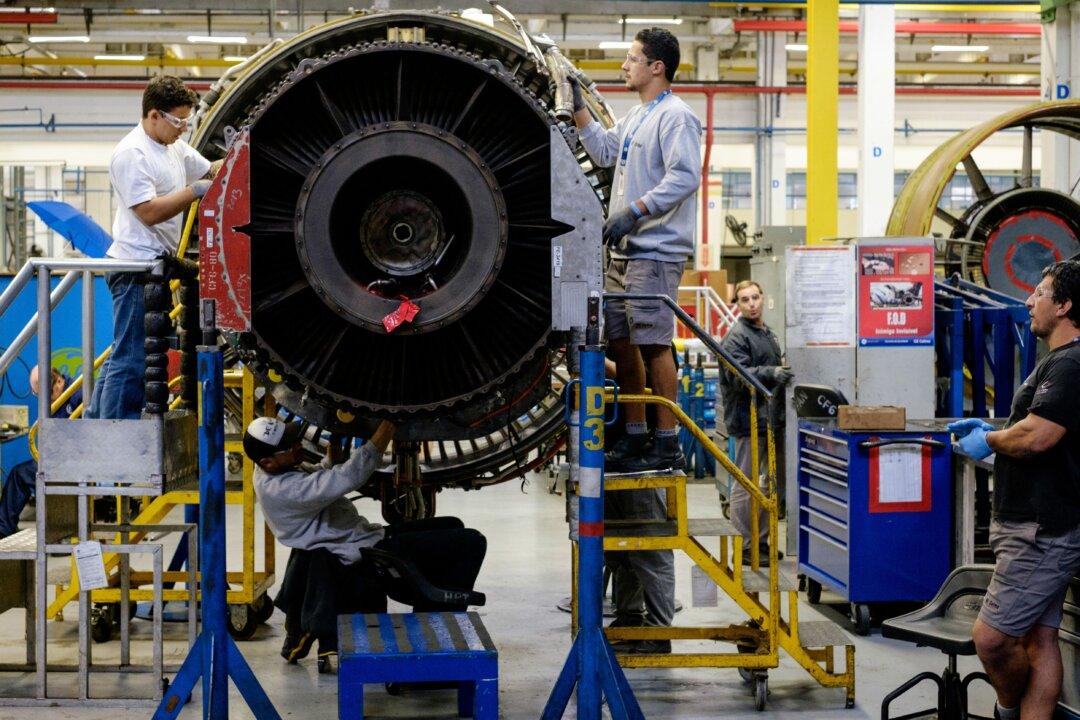A new report by technology firm Crowdstrike has exposed how China engaged in a coordinated hacking operation involving intelligence officers, underground hackers, security researchers, and staff at foreign companies whom they recruited, in order to fulfill its development goals.
After looking over several Department of Justice indictments from August 2017 to October 2018, Crowdstrike concluded that the Jiangsu Province bureau of China’s Ministry of State Security (MSS)—the country’s chief intelligence agency—orchestrated the elaborate plan to steal aviation technology.





